How do evangelical Christians see Catalonia’s future?
“Regardless of the option chosen by the citizens, a reconciliation process will be needed, and evangelicals are called to be there”, says Jaume Llenas. A Christian radio host, a College professor and a politician, agree: a respectful dialogue is needed.
Protestante Digital · BARCELONA · 18 SEPTEMBER 2015 · 11:07 CET
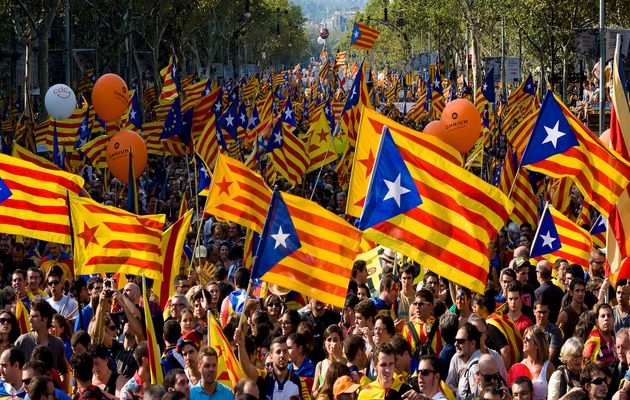
On September 27, regional parliamentary elections will take place in Catalonia (Spain).The debate about what will happen the following day is all over the media, the social networks.
Although Catalans will go to the polls just to choose a new regional government, it is assumed that the poll has been billed as a plebiscite. Artur Mas, President of the Catalonian government, has said he could declare the unilateral independence if the coalition of the two main nationalist parties (CiU and ERC) wins a majority of seats.
In order to know give space to a plural debate about the political situation in Catalonia, Spain's evangelical news site Protestante Digital has been publishing a series of interviews with different people and groups, including political parties representatives and Evangelical leaders.
AN OPEN, RESPECTFUL DIALOGUE
“We should always be an example in how to deal with conflicts, always being respectful. In contrast with many attitudes and ways of doing things that we see all the time” said 'Evangelicals for the independence', a group of Christians which aims to open a free space of debate about Catalonia´s independence.
One of its members, Ismael Gramaje, a pastor and the vice-president of the Union Catalan Baptists Churches, believed that “there is a debate about this topic in the churches, on a personal level, with normality, like any other current affair.”
College professor David Oliver expected that the dialogue will always be “with respect and love.”
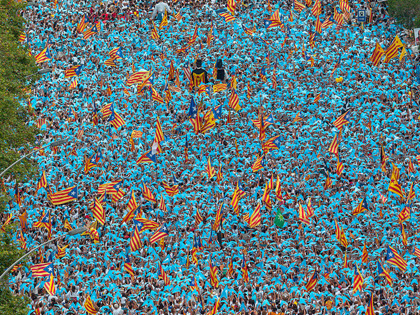
Febe Jordà, pedagogue, writer and speaker, explained the different positions that Catalan churches have had. “Some churches have invited experts, so that the congregations can be more informed”. But “in some places, the pulpit has been used only for the pastor´s opinion, and in others the topic was taboo, maybe because some think Christians should only deal with so-called spiritual issues, and not with human issues. But that is a mistake, because human, social issues should questions us as Christians”, Jordà added.
CHRISTIAN UNITY, DESPITE POLITICAL DIFFERENCES
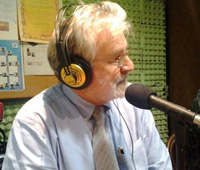
“Maybe that happens because our evangelical communities have always respected the freedom of speech and the political thinking, and it has a very strong discipline of `not talking about politics at church´”, he argued. Nonetheless, Velert expressed his personal position in favour of a united Spain that includes Catalonia.
“As evangelicals, we should remember that our unity does not lay on all us thinking alike, but on having the same Father, because we have been saved by Christ and we have received the Holy Spirit to guide all areas of our lives, including politics. Christian unity should not be affected by our political differences”, said Jaume Llenas, Secretary General of the Spanish Evangelical Alliance.
Llenas added: “We are part of the society. So we will be asked as everyone else, but what should be different is the place from where our answers come. The Bible does not tell us whom we should vote, but it gives us some principles that allow us to have alternative attitudes, and not just do as the rest of society.”
EVANGELICALS AND INDEPENDENCE
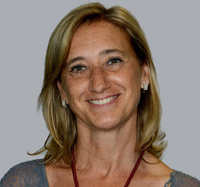
What is clear is that no option can include any form of violence. “Each believer should freely position politically according to his conscience, and act accordingly, considering the big principles of respect, tolerance, freedom of conscience, and, of course, non-violence”, Gramaje added.
When asked if it is possible to be a believer and support the independence, Pau Vadillo, a lawyer who contributes to evangelical radio Onda Paz answered: "Definitely yes, just like you can be a believer and unionist, or a believer and federalist. It is a very sensitive topic, and that is why it provokes many different reactions.” But in his opinion “one cannot be a follower of Christ and not defending freedom, in the broadest sense of the word”, he concluded.
IS THERE DEBATE INSIDE THE CHURCHES?
Talking about evangelical local churches, Jaume Llenas stated that communities should not take a position. “In the local church we find Christians with many different political ideologies, who have the responsibility to bring the gospel to a society in which we also have many different political ideas.”
“If the churches take a political position, that could damage their basic calling. The church does not ´do politics´ by supporting parties, but it makes it by opposing evil”, Llenas declared.
RECONCILIATION AND RESTORATION
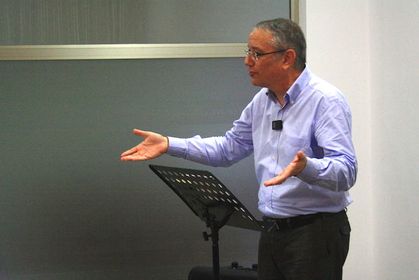
“Regardless of the option chosen by the citizens, a reconciliation and restoration process will be needed, and evangelicals are called to be there, if we are able to reflect Christ, instead of being carried away by our passions”, Llenas concluded.
Published in: Evangelical Focus - cities - How do evangelical Christians see Catalonia’s future?
